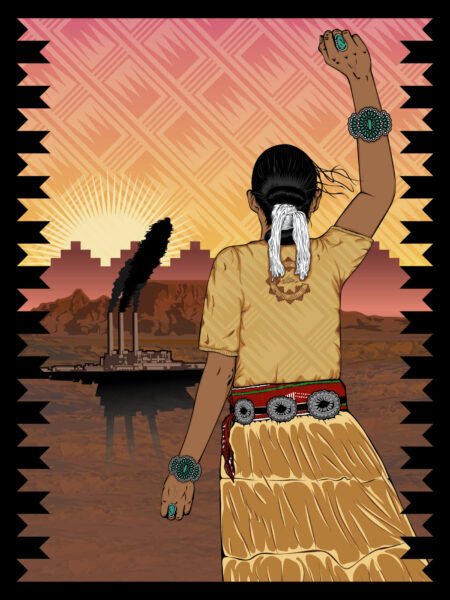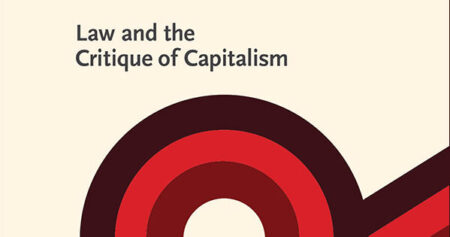
Surveillance and Resistance in Amazon’s Growing Platform Ecosystem
Platforms differ markedly in how they use technology to mediate and oversee the labor process. By comparing Amazon’s e-commerce platform, where workers are gathered in warehouses, with MTurk, it’s distributed digital labor platform, we can see how both the nature of the platform and nature of the work give rise to distinct modes of surveillance, as well as their own possibilities for resistance.




